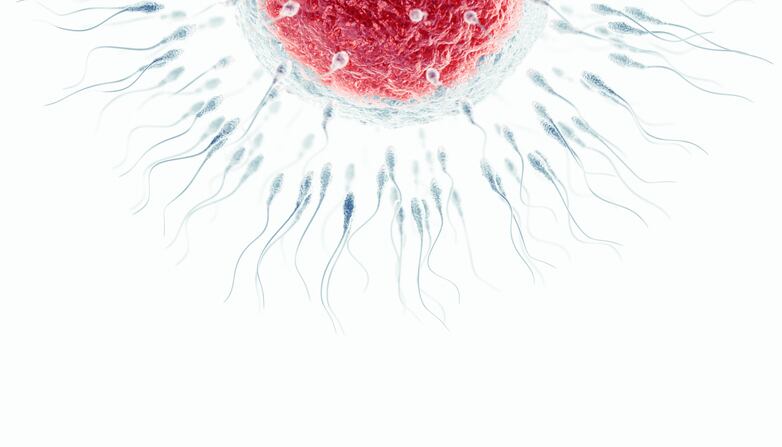The authors from Palestine concluded that low maternal dietary zinc intake was associated with a high level of PIH.
Additionally, the study showed that having PIH could increase the risk of low birth weight and low Apgar scores.
The authors note: “Reducing the main risk factors of PIH could reduce the adverse effect on both mother and birth outcomes.”
Significance
During the second half of pregnancy, pregnant women require up to 2.6 mg of zinc daily, as recommended by the World Health Organization (WHO).
However, previous studies found that individuals in low and middle-income countries, who primarily consume plant-based foods and starchy roots, may face zinc insufficiency due to low zinc concentrations in such diets.
However, the authors note: “Data on the prevalence and determinants of zinc deficiency among pregnant women are scanty and inconclusive.
“In addition, to the best of our knowledge, no baseline information exists about zinc levels and PIH among pregnant women in Gaza Strip, Palestine.”
Zinc and PIH
Zinc plays a crucial role in various physiological functions, including growth, reproduction, and immune system functioning.
During pregnancy, zinc requirements increase due to the demands of foetal development and maternal physiological changes.
Inadequate zinc levels during pregnancy can lead to complications for both the mother and foetus, such as low birth weight, cognitive impairment, and PIH.
PIH is a serious condition that can lead to complications for both the mother and the baby.
Some previous studies have found that women with PIH may have lower zinc levels compared to healthy pregnant women.
A proposed mechanism is that zinc deficiency may contribute to the development of PIH by affecting various mechanisms, including oxidative stress, immune dysfunction, and vascular regulation.
Zinc is involved in antioxidant defence mechanisms and has anti-inflammatory properties, which could potentially help prevent or mitigate the development of hypertension.
By examining the zinc levels in the serum and diet of pregnant women, the researchers of the new study hoped to shed light on the potential link between zinc and PIH.
They note: “Understanding this association may help improve maternal and foetal outcomes and reduce possible complications.”
The study
The study was conducted in 2022 in the Obstetrics and Gynecology departments in three main governmental hospitals of the Palestinian Ministry of Health (MOH), among 160 pregnant women, with a mean age of 30.7 ± 5.6.
The researchers used an interview-based questionnaire, anthropometric measurements, blood pressure measurements, biochemical measurements, dietary assessment, clinical examination, and dietary assessment to collect data.
They also utilised the Apgar score to assess the health status of the newborn.
Results show that zinc intake appears to correlate with the frequency of PIH, and the authors conclude: “Low maternal dietary zinc intake was associated with high levels of PIH."
The authors reported: “Total zinc dietary daily intake (mg/day) was 4.15 ± 2.10 for cases and 4.88 ± 3.02 for controls, with significant differences between the two groups.”
They concluded: “Participants in the case group have higher odds of having low total zinc dietary intake compared to those in the control group.”
Limitations
The authors note that further research and analysis are necessary to fully understand the relationship between zinc levels, PIH, and their implications for maternal and foetal health.
They also note some limitations, stating: “The main limitations of this study are its non-probability sampling techniques, which limit the generalisability of the results.
“Furthermore, there was possibility of recall bias and misreporting by using food frequency questionnaires (FFQ) for maternal dietary zinc intake.”
Journal: Frontiers in Nutrition
https://www.frontiersin.org/articles/10.3389/fnut.2023.1155529/full
“Assessment of serum, dietary zinc levels, and other risk factors during the third trimester among pregnant women with and without pregnancy-induced hypertension: a case-control study”
Authors: A.H. El Bilbeisi, et al.




